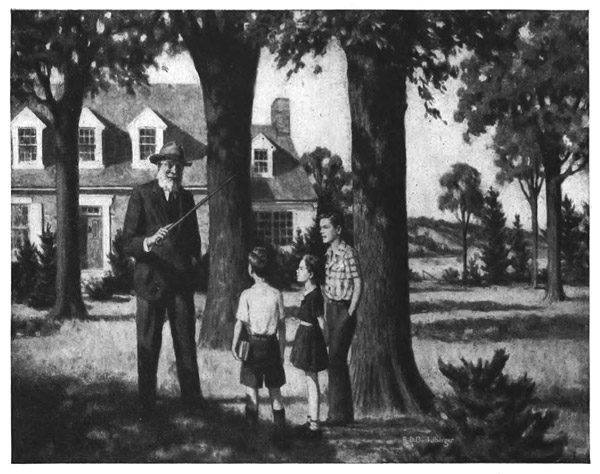
At the end of the day, I read for pleasure. There are certain authors I like to read and reread. Especially Twain. The Library of America series has a collection of Twain’s miscellaneous writings–invectives, journalism, burlesques. To my mind he’s the greatest of the American writers. I’ll go back and read Edith Wharton, the House of Mirth. I reread Patrick O’Brian and Alan Furst. I reread Rameau’s Nephew by Diderot, a book by Philip Guedalla called The Hundred Years, Lytton Strachey’s Elizabeth and Essex. At the moment, I’m rereading Balzac’s Lost Illusions. To me it concurs with what I know about the sorrows of Grub Street in Manhattan, in terms of publishing and journalism. I read for the pleasure of the sentence structure, or the use of language, or the control of metaphor, or for a sense of humor. Or the civilizing voice that is not particularly surprised or shocked by the world’s wickedness. If I come across a writer who’s obsessed with himself, I’m not usually interested. I know I’m not like a lot of your other Media Diets. I do read for the fun of it, thank God. —“Lewis Lapham: What I Read,” interviewed by Benjamin F. Carlson, The Atlantic Wire
Space travel entails hazards ranging from run-of-the-mill internal organ rupture to solar flares, whose radiation can break DNA molecules and spell certain death for crews in deep space. Then there’s micro-gravity, which can cause bone demineralization and muscle loss; and decompression sickness, which can trigger illness or death. And that’s just the physical. Imagine cabin fever on a three-year mission to the red planet: confined in a small space with a small crew, engulfed in the blackness of space, astronauts are susceptible to extreme anxiety, depression, and possibly psychosis, any of which could easily jeopardize the mission. In other words, as human technology advances and astronauts venture farther from Earth, human vulnerability has become the space program’s greatest limitation. —“No One Can Hear You Scream,” Ivan Hansen, The Walrus
The ins and outs of 3-d porn;
don’t eat your pussycat, even if you really, really want to;
Hulu JV ponders IPO
In Boston, in the Combat Zone, the ceilings of the city’s oldest gay bar were decorated for every holiday, swathed in enough ribbons of crepe paper to keep what must have been a faltering industry alive. In Providence, right across the street from the renovated civic theatre where touring companies mounted Broadway shows for the pleasures of suburban visitors, steam from the baths’ laundry poured out all night from second-story vents, roiling in the winter air. Such neighborhoods seemed doomed, at the twentieth century’s end, giving way to new urban lofts and condo conversions, or the kind of managed shopping/dining/residential complexes the developers were calling “lifestyle centers.” There was plenty not to be nostalgic about—grit, danger, the evidence of human suffering on display—and yet those places were also haunted, in part because they’d been free zones for gay men for at least half a century, parts of the city where desire could play out almost freely. —“The Story of Our Lives is So Locked Down,” Mark Doty, Tin House


